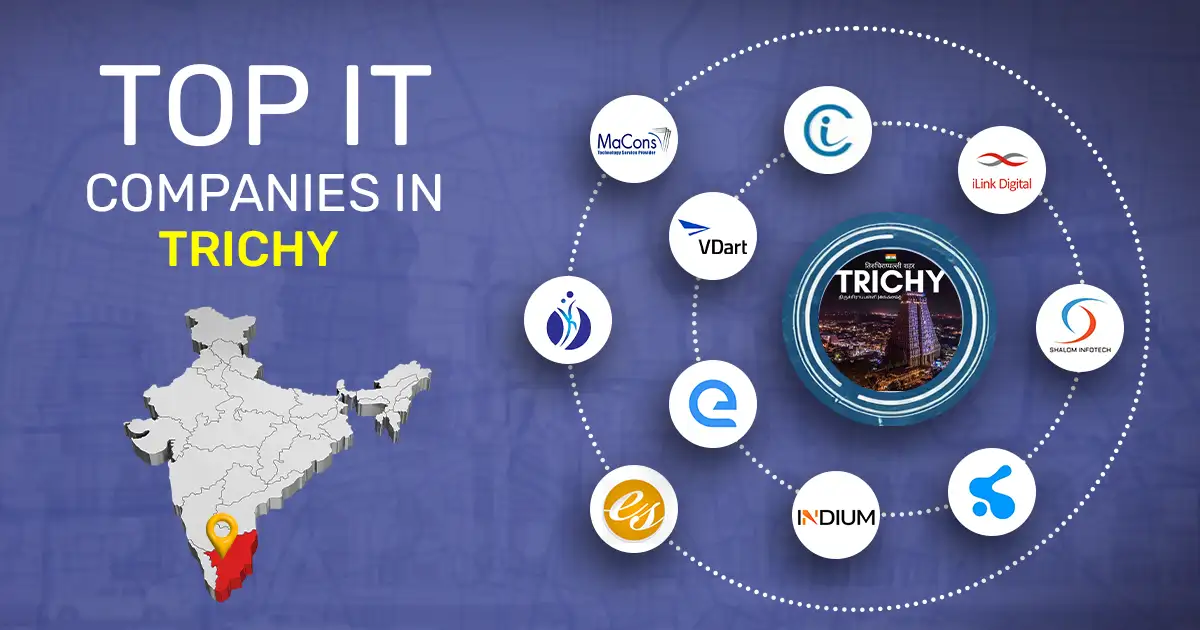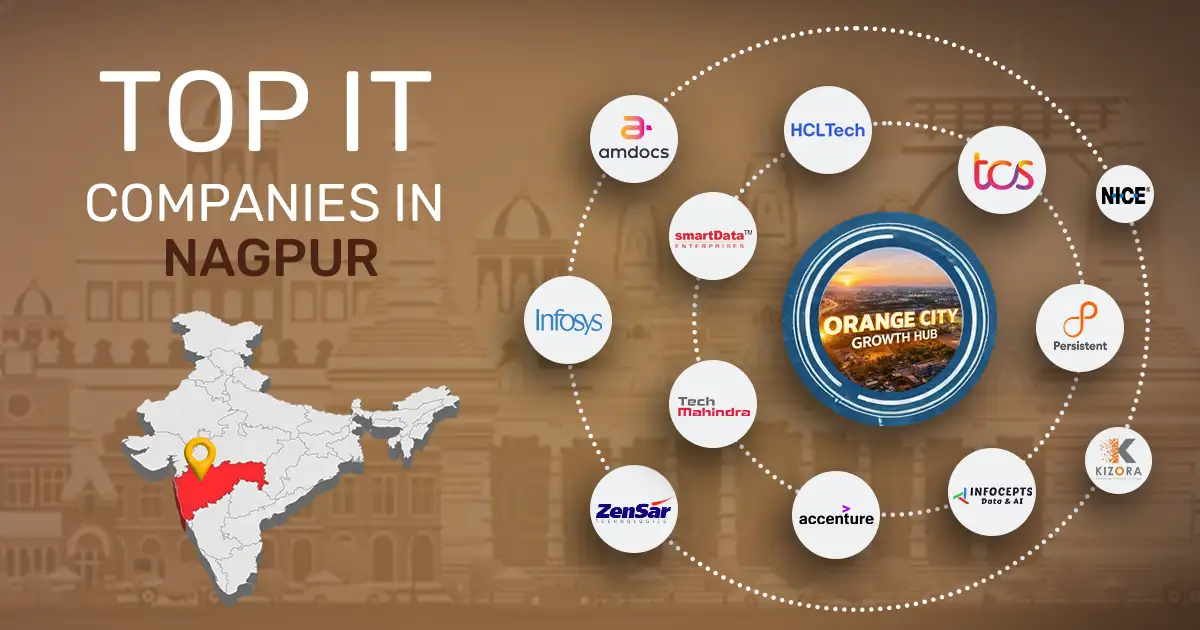
Introduction
The world of Fintech is no longer a futuristic concept—it’s the present, shaping how we interact with financial services. Imagine a world where digital payments replace cash entirely, businesses secure instant loans without banks, and AI-driven financial technology predicts stock trends. This isn’t fiction—it’s the rapid evolution of Financial technology. According to Statista, the global Fintech market is projected to surpass $324 billion by 2026, growing at a CAGR of 25%. With platforms like PayPal and Stripe processing billions in digital payments, and business models like BNPL (Buy Now, Pay Later) disrupting traditional lending, it’s clear—Financial technology innovation is rewriting the rules of finance.
Take India’s UPI (Unified Payments Interface), which processed $1.3 trillion in digital payments in 2023 alone, showcasing the power of financial technology. As businesses embrace Fintech solutions, understanding this transformation is key to staying ahead.
What is Fintech?
Fintech (financial technology) refers to the integration of technology into financial services to enhance transactions, lending, investing, and risk management. It covers everything from digital payments to AI-driven business models.
The evolution of Financial technology can be traced back to the early 2000s when online banking and payment platforms began reshaping traditional banking systems. Over time, advancements in artificial intelligence, blockchain, and big data analytics have propelled Fintech solutions into the mainstream, providing businesses and consumers with faster, safer, and more efficient financial services.
Key Characteristics of Fintech:
- Automation in Financial Services – AI-powered investment platforms and robo-advisors.
- Frictionless Digital Payments – Mobile wallets, cryptocurrency transactions, and real-time peer-to-peer transfers.
- New Business Models – BNPL, neobanks, and decentralized finance (DeFi).
- Enhanced Financial Inclusion – Providing banking and credit access to underserved populations through mobile technology.
- Regulatory Compliance & Security – Implementation of digital ID verification, biometric authentication, and blockchain encryption to combat fraud.
From mobile wallets to AI-driven fraud detection, Fintech innovation is bridging the gap between traditional financial institutions and the digital economy, empowering businesses and individuals with seamless financial solutions.
How Fintech is Transforming the Financial Industry?
The Fintech revolution is fundamentally changing how financial services operate, making them more efficient, secure, and accessible. With global Financial technology adoption rates surpassing 64% in 2023, this transformation is evident across multiple sectors.
1. Digital Banking & Financial Inclusion
- Neobanks like Chime, N26, and Revolut provide financial services with minimal fees and enhanced user experiences.
- Over 2 billion unbanked individuals worldwide now have access to digital banking solutions through mobile apps.
- AI-driven financial management tools help customers track spending and automate savings.
2. Revolution in Digital Payments
- Mobile wallets like Google Pay and Apple Pay processed over $6.6 trillion in transactions in 2023.
- The rise of cryptocurrency payments has provided alternatives to traditional banking, with companies like Tesla and Microsoft accepting Bitcoin.
- Contactless payments and QR-based transactions are replacing cash, reducing transaction times and enhancing convenience.
3. Innovation in Lending & Credit
- P2P lending platforms such as LendingClub and Prosper have shortened loan approval times by up to 70%.
- AI-based credit scoring models allow financial institutions to assess creditworthiness beyond traditional credit scores.
- BNPL services (e.g., Affirm, Klarna, and Afterpay) are expected to reach a market size of $1 trillion by 2025.
4. AI & Machine Learning in Finance
- Automated fraud detection systems save banks over $42 billion annually.
- Chatbots and virtual assistants handle customer service inquiries, improving response time and efficiency.
- Predictive analytics helps businesses forecast financial trends and manage risks effectively.
5. Blockchain & Decentralized Finance (DeFi)
- DeFi platforms like Aave and Uniswap provide decentralized lending and investment opportunities.
- Blockchain transactions reduce settlement times for cross-border payments from days to minutes.
- Smart contracts automate financial agreements, reducing reliance on intermediaries.
As Fintech solutions continue to evolve, businesses leveraging financial technology gain a competitive edge by enhancing efficiency, security, and user experience.
Types of Fintech Solutions
1. Digital Payments
- Mobile wallets – Google Pay, Apple Pay.
- Cryptocurrency transactions – Bitcoin, Ethereum.
2. Lending & Credit
- P2P lending – LendingClub, Prosper.
- BNPL (Buy Now, Pay Later) – Affirm, Klarna.
3. Insurtech (Insurance Technology)
- AI-driven risk assessment – Lemonade.
- Usage-based insurance – Telematics in car insurance.
4. Investment & WealthTech
- Robo-advisors – Betterment, Wealthfront.
- Stock trading apps – Robinhood, Zerodha.
5. Blockchain & DeFi
- Decentralized Finance (DeFi) – Uniswap, Aave.
- Smart contracts for automated trading.
Regulatory Compliance and Challenges in Financial technology
1. Data Security & Privacy
- Global financial fraud losses reached $40 billion in 2023.
- Compliance with GDPR, PCI DSS, and RBI regulations is mandatory.
2. Cybersecurity Risks
- 85% of Fintech firms faced cyberattacks in 2023.
- Adoption of multi-factor authentication and blockchain encryption.
3. Regulatory Hurdles
- Countries enforcing strict licensing for digital payment providers.
Future Trends in Fintech Innovations
The future of Financial technology is driven by continuous innovation, technological advancements, and evolving business models. Here are key trends shaping the industry:
1. AI-Driven Financial Services
- AI-powered robo-advisors are expected to manage assets worth $2.8 trillion by 2025.
- Predictive analytics will enhance financial planning, fraud detection, and risk assessment.
- AI will drive hyper-personalization in financial services, offering users customized banking experiences.
2. Expansion of Cryptocurrency and Central Bank Digital Currencies (CBDCs)
- Governments worldwide, including China and the EU, are developing CBDCs to revolutionize digital payments.
- Cryptocurrency adoption continues to grow, with businesses accepting Bitcoin and Ethereum for transactions.
- Blockchain-based financial solutions will streamline cross-border payments and reduce costs.
3. Open Banking & Embedded Finance
- Open banking regulations will enhance data sharing, enabling seamless third-party financial services.
- Embedded finance solutions, such as Buy Now, Pay Later (BNPL), are expected to reach $3.98 trillion by 2030.
- Businesses will integrate financial services directly into their platforms, improving customer convenience.
4. Green Financial technology & Sustainable Finance
- Sustainable investments are projected to grow to $53 trillion by 2025.
- Fintech firms will adopt eco-friendly technologies to reduce carbon footprints in financial operations.
5. Fintech Regulation & Cybersecurity
- Data privacy laws, such as GDPR and India’s DPDP Act, will shape how financial institutions handle user data.
- Cybersecurity investments in Fintech are expected to exceed $300 billion by 2027 to prevent digital fraud.
The Financial technology industry continues to disrupt traditional business models, offering businesses new ways to optimize operations and customer engagement.
How Businesses Can Leverage Fintech for Growth?
- Reduce costs – Cloud-based financial technology lowers operational expenses by 50%.
- Enhance security – AI-driven fraud detection reduces risks.
- Expand globally – Digital payment systems enable cross-border transactions.
Conclusion
The future of Fintech is here, revolutionizing financial services with digital payments, AI-driven business models, and blockchain technology. By 2027, the global Financial technology industry is expected to reach $556 billion, driven by innovation and increased adoption. Businesses embracing Fintech solutions can reduce costs, improve efficiency, and drive global expansion.
As regulations evolve, companies must stay compliant, and platforms like RegisterKaro offer the expertise to navigate the complex Financial technology landscape. Whether it’s securing a digital payment license or understanding regulatory challenges, their support ensures businesses stay ahead.
RegisterKaro assists businesses in complying with Financial technology regulations, securing digital payment licenses, and integrating financial technology solutions. Whether you’re launching a Fintech startup or scaling operations, their expertise ensures regulatory compliance and business success.
Frequently Asked Questions
It refers to financial technology that enhances financial services like digital payments, lending, and investment management. It improves efficiency, security, and access to financial products.




